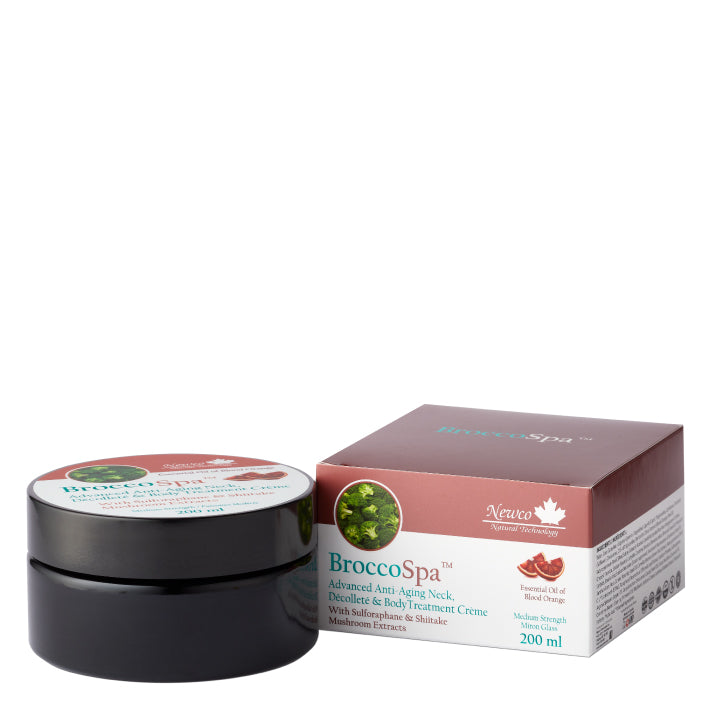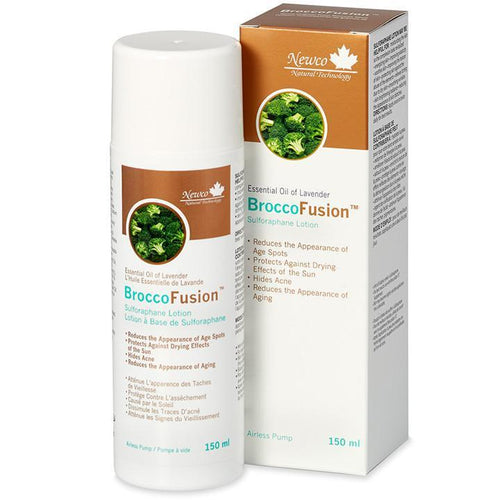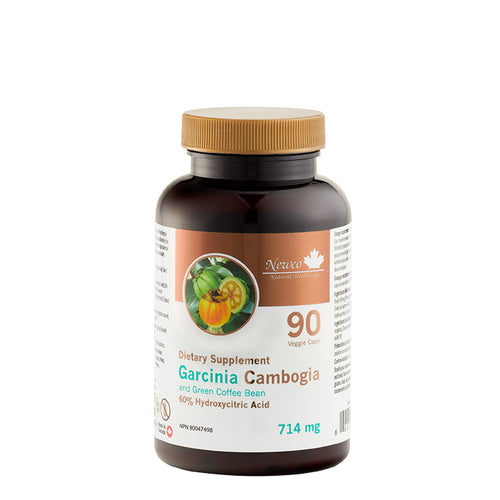It's a fact of life: No matter how careful we are about diet and exercise, as we age, arthritis is almost inevitable. Most humans understand this, and can take steps to stave off the discomfort of creaky joints if arthritis pays an unwelcome visit. But pets don't know why, all of a sudden, they can't move around with the ease and confidence they used to have. Companion animals depend on their owners to help them get through this confusing life adjustment. Happily, there are a few simple measures you can implement to prevent and treat arthritis in pets, helping them retain maximum joint mobility well into their golden years. And here's an extra incentive to follow an anti-arthritis agenda: The very same strategies you use with your furry companions will help you cope-and even conquer-when arthritis comes calling.
Be Flexible, Even If They Can't
Your pets' mobility is the source of some of their most joyful moments-just think of how happy pets are when they run and climb. If you're a youngster, but your dog or cat is a senior, try to empathize with how difficult it must be- emotionally and physically-when your dog or cat can't move around with ease the way they used to. It's tough for them to navigate steps, or climb up to their favorite high places. Show compassion by being flexible with your daily routines. For instance, if pets are accustomed to sharing your bed, give them a leg up-and a helping paw on the way down-with a ramp or box, or lift them yourself. And be generous with gentle massages.
Downward Dog-and Cat!
Multitask by doing yoga with your dog or cat by your side-you get to spend quality time together while boosting wellness. Numerous how-to books and videos have been produced to help guide novices through the process. But really, the best way to practice is with your dog or cat-they are natural yogis. Iconic yoga poses (notably, Downward Dog) were said to be identified by observing how animals instinctively stretch their limbs after a nap. Humans imitated these movements, and an exercise revolution was born. Here's how it works: Secure two yoga mats-one for you and one for your pet-and relax into the poses that feel most comfortable. You'll find your furry friends joining in on the meditative fun without even being asked, and their enthusiasm will keep you motivated to come back for more. To extend the life of your yoga mat, keep your pet's nails clipped and filed before meditative workouts; this will help prevent claw marks and divots in foam mats.
Slow Down-But Don't Stop!
Exercise is great for pets and people of all ages, so please don't discontinue it-adjust it. By all means go for walks with your dog, but keep your pace in step with your dog's slower gait (especially on rainy days; humidity makes stiff joints scream). Swimming is another wonderful exercise for dogs. Keep dogs in sight while they're swimming, in case they get too tired to keep paddling and need assistance.
As for cats, use cat teasers to keep feline friends motivated to pounce, and generously apply fragrant, organic catnip to scratching posts to make sure your cat flexes its claws and stays limber, longer.
Treats to Keep Them on Their Feet
For pets and people, creaky joints need lubrication-it's just that simple. Fish oil is one of the most effective joint remedies available. Take care to select the highest-quality fish oil. There are chewables available that are designed specifically for pets with joint issues (typical active ingredients are glucosamine, cetyl myristoleate, and bromelain). These supplements taste great, so administering them is a cinch; pets anticipate them as tasty treats.
Additionally, I liberally "soup up" my senior dogs' food bowls with two spices renowned for their anti-inflammatory properties: cinnamon and turmeric. For an even bigger boost, I'll use curcumin, the more concentrated form of turmeric. Combined with a spoonful of coconut oil, these spices give kibble a curry-like taste my dogs really like. Cats are not always open to exotic new flavors, so try spicing up a small amount of feline food as a test.
"Soup up" your senior dogs' food bowls with a sprinkle of anti-inflammatory cinnamon and turmeric.
Anti-inflammatory foods
Arthritis is inflammation of the joints, so following an anti-inflammatory diet is hugely helpful in coping with this condition. That means going grain-free, as grains are inflammatory. Select a grain-free diet for your dog or cat, and take care that any between-meal snacks you distribute are also grain-free. Please, no bread morsels, however fetchingly your dog begs for them, as they will make joints creakier than usual.
Pinpoint Pain Relief
Acupuncture is proven to help boost joint mobility in animals and people with arthritis. In China, this healing modality was used for centuries to lengthen the careers of older farm animals. Consider consulting a veterinary acupuncturist for your arthritic dog or cat. Many make house calls, so your pets can feel relief in the comfort of home. To locate a veterinary acupuncturist, visit ivas.org. And speaking of comfort, furnish furry friends with a supportive pet bed, so their joints are well-cushioned against hard floors.
Written by Julia Szabo for Better Nutrition and legally licensed through the Matcha publisher network. Please direct all licensing questions to legal@getmatcha.com.





